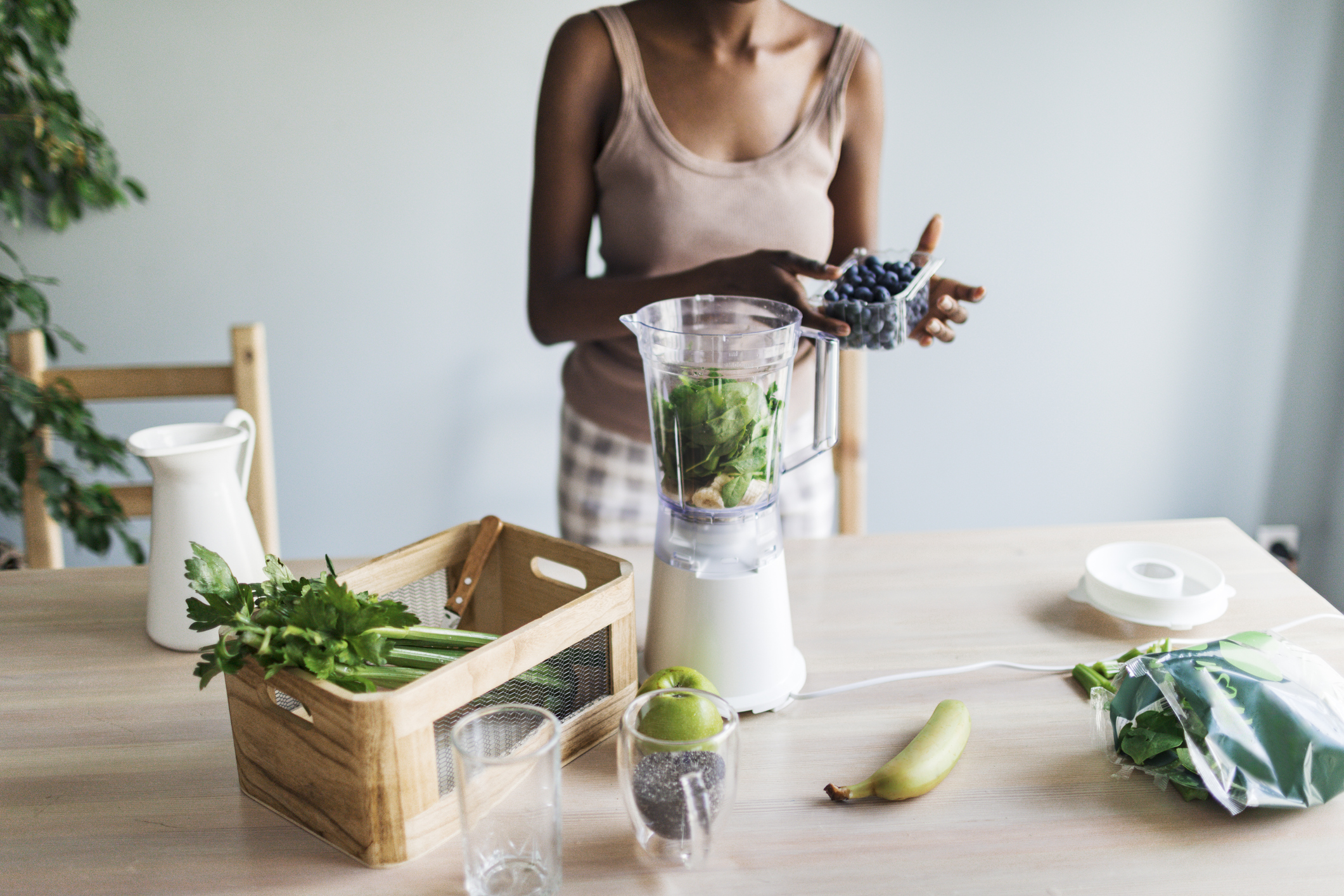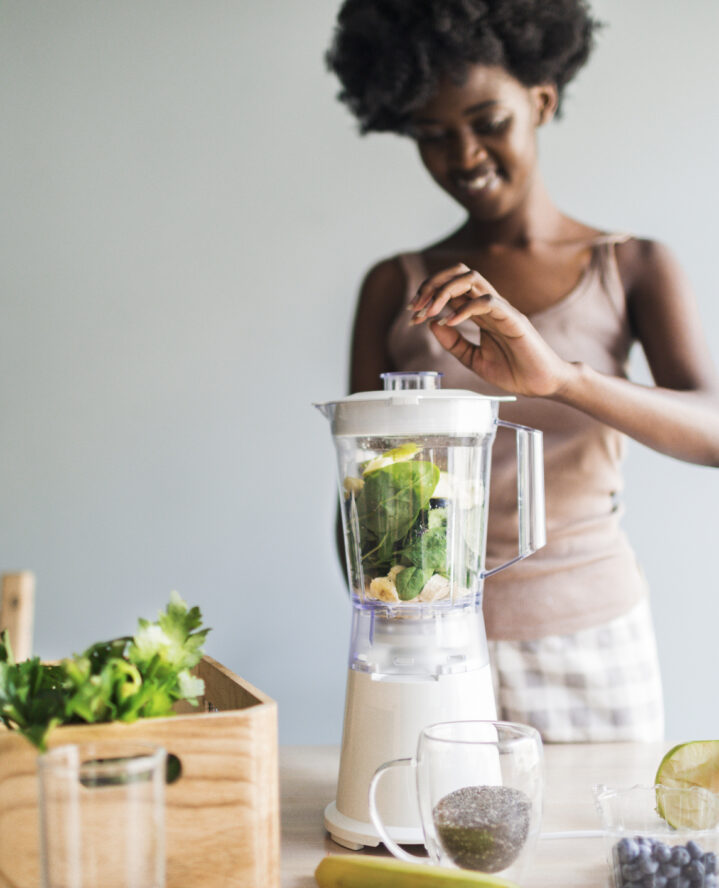Juicers—they’re not just for health nuts and green goddesses anymore. If you’re a fitness fanatic or just looking to add a little extra oomph to your diet, the question of whether you should get a kitchen juicer might have crossed your mind. You might have heard about the benefits of juicing, but not sure if it’s worth investing in the machinery, which can come at a pretty big price tag. Make your decision by weighing these pros and cons.

Pro: Nutrient-Packed Goodness
Juicing helps you consume a concentrated dose of essential vitamins, minerals, and antioxidants found in fruits and vegetables. When you juice, you’re essentially extracting the liquid gold of nutrition from produce, giving your body a potent shot of health-boosting goodness.
Pro: Easy Digestion
Blending fruits and vegetables into juice makes them easier for your body to digest compared to eating them whole. By breaking down the fibers during juicing, your digestive system can absorb the nutrients more efficiently, leading to less bloating and discomfort.
Pro: Delicious Variety
With a juicer, you have endless possibilities to experiment with different fruit and vegetable combinations. From classic green juices packed with kale and spinach to vibrant fruit blends bursting with flavor, there’s always something new and delicious to try. You can let your creativity run wild and customize your juices to suit your taste preferences and nutritional needs.
Pro: Convenient and Time-Saving
With juicing, you can whip up a nutritious beverage in minutes, perfect for busy mornings or post-workout refueling. Instead of spending time chopping and prepping fruits and vegetables, you can simply toss them into the juicer and enjoy a fresh, revitalizing drink in no time. Plus, juicing is a great way to sneak in extra servings of fruits and veggies, especially for picky eaters who may struggle to meet their daily quota.

Con: Costly Investment
Quality juicers can be expensive upfront, especially if you’re looking for a model that preserves maximum nutrients and yields high juice extraction. However, if you’re committed to juicing regularly, it can be a worthwhile investment in your health. Think of it as an investment in your well-being that pays dividends in the form of improved health and vitality.
Con: High Maintenance
Juicers require regular cleaning and maintenance to ensure optimal performance and hygiene. The process of disassembling, washing, and reassembling parts can be time-consuming and cumbersome, deterring some people from using their juicer regularly. However, with proper care and maintenance, you can prolong the life of your juicer and ensure that it continues to churn out delicious, nutrient-rich juices for years to come.
Con: Fiber Loss
While juicing extracts the liquid and nutrients from fruits and vegetables, it leaves behind the insoluble fiber. Fiber is essential for gut health and aids in digestion, so consuming juice alone may not provide the same benefits as eating whole fruits and vegetables. To mitigate this issue, consider incorporating fiber-rich foods into your diet in addition to juicing, such as whole grains, legumes, and leafy greens. Or, you could enjoy the benefits of juicing just by blending your ingredients instead of juicing. If smoothies are your thing, a juicer may not be necessary.
Con: Oxidation
Once fruits and vegetables are juiced, their nutrients begin to oxidize, leading to a loss of potency over time. To minimize oxidation, it’s best to consume freshly made juice immediately or store it in airtight containers in the fridge for short periods. Additionally, you can add citrus juice or Vitamin C powder to your homemade juices to help preserve their freshness and nutritional value.
popular posts
- 1It’s Black Business Month, So Let’s Go Shopping and #BuyBlack!
- 2These Home Decor Items Will Instantly Make Your Space Look Outdated
- 3Black-Owned Home Decor Stores To Support Across the United States
- 4A Look Inside Elon Musk's Tiny $50,000 House
- 57 Black and Multicultural Designers To Follow For Design Inspo
Spaces
Whether it’s luxury or ease, every area of your home should be as fabulous and unique as you.
Add to Cart: All The Best Savings on Home Kitchen Appliances
by Kelsey Marie | February 24, 2023
These Outdoor Kitchen Ideas Will Make Dining Al Fresco A Treat
by homeandtexture | February 27, 2023
FOLLOW ALONG ON INSTAGRAM
#homeandtexture
Find us on social for more home inspiration where culture, personal style, and sophisticated shopping intersect to help you create a home where you love to live.








